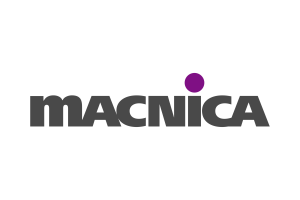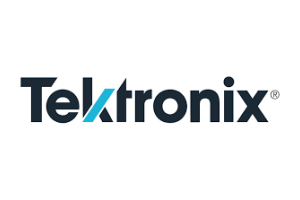Crisis at smartphone manufacturer
After resumption of trading: ZTE shares drop by 40 percent
Bad awakening for ZTE shareholders: After the share was long suspended from trading due to a company crisis, the price promptly plummeted by 40 percent on Wednesday after returning to trading.
According to the stock exchange portal CNBC, the price in Hong Kong fell by more than 38 percent, and the Tradegate trading platform also fell by a good 30 percent to a price of 1.63 euros. By way of comparison: At the high at the end of last year, the share price was quoted at a good 3.50 euros.
But then came the quarrel with the USA: Because ZTE made also business in Iran and in North Korea, US authorities forbade domestic companies to sell to ZTE. ZTE had defied applicable sanctions with its business, it was said at that time from the USA. In addition, US secret services suspected that ZTE was spying on US citizens with its devices.
ZTE had to stop the operation, the share was suspended from trading in April. At the beginning of June, the US Department of Commerce announced that an agreement had now been reached with ZTE. The blockade, which was actually intended for seven years, would be lifted under certain conditions. For this ZTE has to pay a billion dollars in a settlement with the US government, and deposit an additional 400 million dollars in collateral.
But that's not all. ZTE must also replace virtually all senior management by July 8 and establish a compliance team selected by the US. ZTE wants to resume operations "as quickly as possible".
The Trump government earned a lot of mockery for its deal with the Chinese company. For example, Republican Senator Marc Rubio said that Trump was pursuing a "dangerous" trade policy. He was "one hundred percent sure that ZTE posed a much greater threat to national security" than "steel from Argentina or Europe". In his punitive duties on steel, Trump had argued for national security, among other things.





